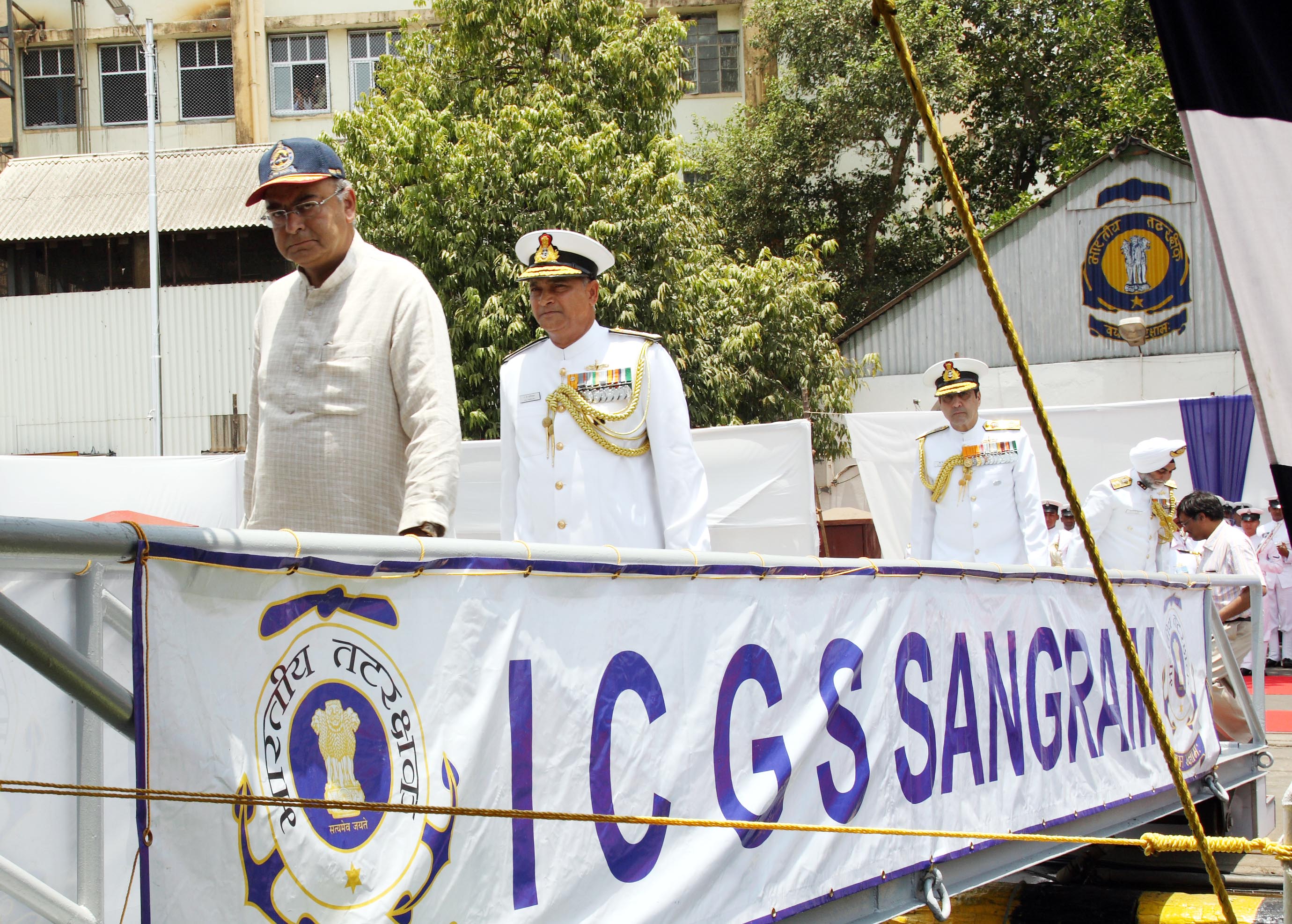|
He described the vessels as ICG’s work horses and expressed the Government’s support to strengthen
it, particularly in view of the asymmetric threats that could come from the sea.
The 5th and 6th in the series of 20 Fast Patrol Vessels (FPVs) that the state-run Cochin Shipyard
Limited (CSL) is building, these ships are meant for close-coast operations to monitor and interdict
terrorists and smugglers as well as for Search and Rescue (S&R) missions and medical support. India
has initiated several steps to check asymmetric threats after the Pakistani 26/11/2008 terror attacks
on this commercial capital of India.

nav1.JPG
The 50-meter long vessels are armed with sophisticated weapons and various computerised systems. An
FPV has a displacement of 270 tonnes, maximum speed of 33 knots (approx 60 km/hour), and an endurance
of 1,500 nautical miles at the economical speed of 13 knots.
The 50-meter long vessels are armed with sophisticated weapons and various computerised systems. An FPV
` has a displacement of 270 tonnes, maximum speed of 33 knots (approx 60 km/hour), and an endurance of 1,500
nautical miles at the economical speed of 13 knots.
Vice Admiral Anurag Thapliyal, Director General Indian Coast Guard was at hand along with Inspector
General SPS Basra (Commander-West) and other senior ICG officers for the ceremony.
It was officially stated on the occasion that ICG will have 150 vessels and about 100 aircraft over the
next five years. A coastal surveillance network of 46 stations is also being established.
|